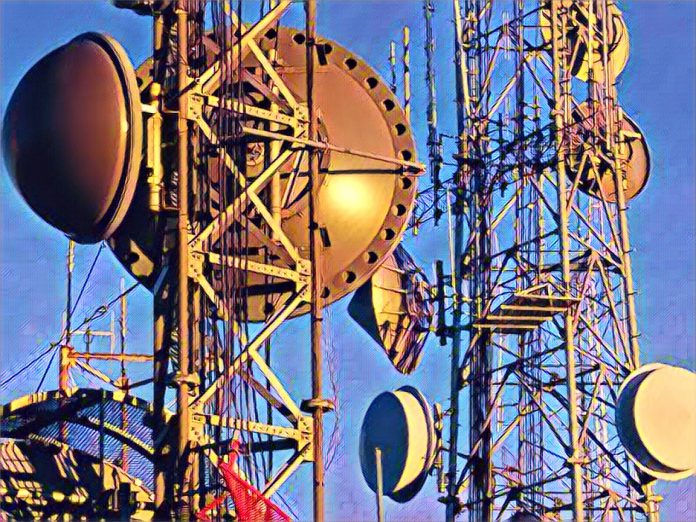KEY POINTS
- The federal government proposes a new 12.5percent telecom tax, raising concerns over higher call and data costs.
- This tax is in addition to the existing 7.5% VAT on telecom services.
- The proposal has sparked debates about its potential impact on consumers and the telecom industry.
Telecom users in Nigeria may be charged more for calls and data services in the near future as the federal government plans to impose a new telecom tax of 12.5 percent.
The action, which seeks to enhance government revenues, has been criticized by consumers and industry players who believe the new levy will exert more pressure on already cash-stretched households and firms.
Telecom tax is an addition to the existing vat.
The proposed 12.5 percent tax is in addition to the existing 7.5 percent value added tax (VAT) which Nigerian consumers are already paying on telecom services.
This means that if the new tax is approved, telecom users will be charged 20% on their phone bills and this is a very big hike that will make communication expensive for millions of Nigerians.
BusinessDay has reported that the government considers this new tax as a way of filling the budget deficits and sourcing for development funds.
However, many are worried about the timing of the proposal at a time Nigeria is in a recession with inflation rate and unemployment rate on the high side.
Effects on consumers and telecom sector
When adopted, the tax increase is likely to impact the consumers and companies in the country. This is because more than half of Nigerian population now access communication, education, and conduct business through their mobile phones and the internet thus higher cost of telecom services will result to low access of these basic services.
There are fears that the proposed tax may also affect further growth in the sector which has been one of the most vibrant industries in Nigeria in the last one decade.
Higher cost of services may reduce usage and consequently slow down the pace of digital take up especially in rural areas where connectivity is already a problem.
It may also applied pressure on telecom companies to remain profitable hence keeping their prices low, but this may lead to slow down of network expansion and use of advanced technology.
Controversies and issues regarding the imposed tax
Currently, there is controversy surround the proposed telecom tax where such opponents claim that this tax will strongly impact negatively on poor citizens who rely on accessible telecom services for their routine life.
Some people have made appeal to the government to repeal the tax, current government policy maker have been encouraged to look for other mechanisms that can be used to raise the revenue without overburdening consumers.
On the other hand, the proponents of the tax have argued that the money so generated could be used to enhance the country’s information communication technology and facilitate the provision of broadband services in Nigeria.
The government has not outlined how the revenue from the tax will be used, which makes the proposal open for further debate.



